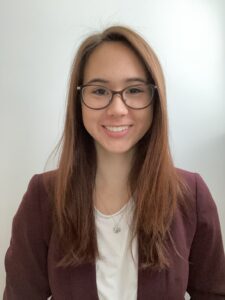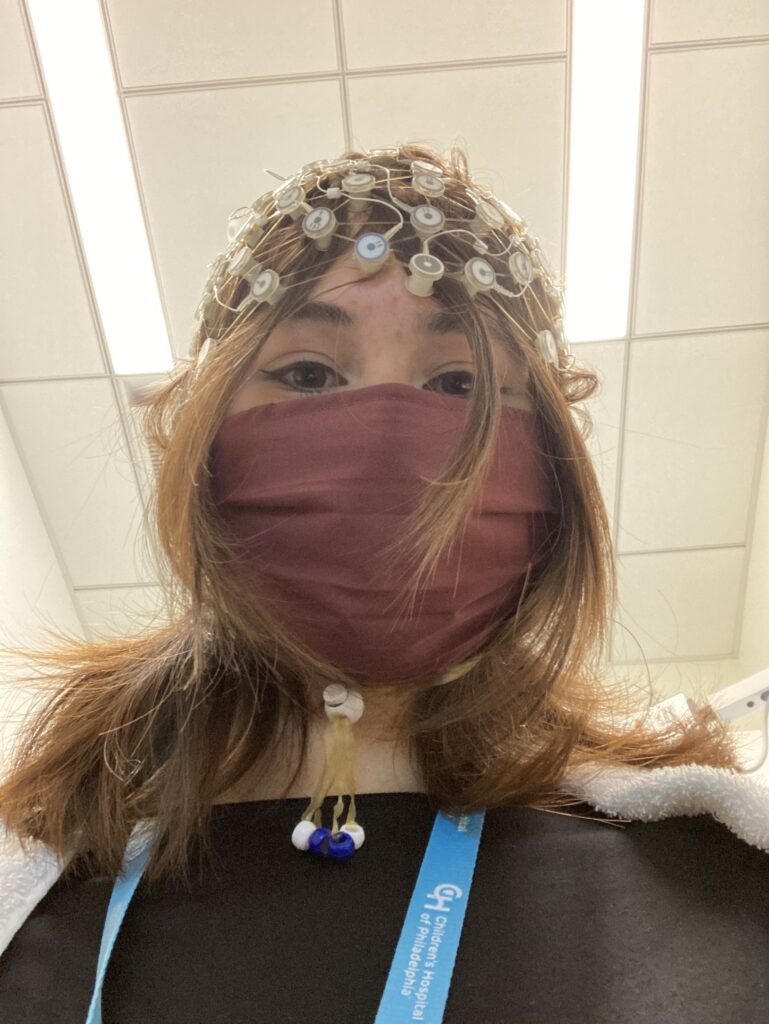This is part of a series of posts by recipients of the 2021 Career Services Summer Funding Grant. We’ve asked funding recipients to reflect on their summer experiences and talk about the industries in which they spent their summer. You can read the entire series here.
This entry is by Jillian Wong, COL ’22
 This past summer, I had the privilege of working as an undergraduate research assistant on the Infant Brain Imaging Study (IBIS) under Dr. Juhi Pandey at CHOP’s Center for Autism Research. While I have worked in research in the past, my summer on IBIS was truly unique in that it granted me the ability to experience the intricacies and frontiers of behavioral research in the context of a multi-site, NIH-funded clinical study.
This past summer, I had the privilege of working as an undergraduate research assistant on the Infant Brain Imaging Study (IBIS) under Dr. Juhi Pandey at CHOP’s Center for Autism Research. While I have worked in research in the past, my summer on IBIS was truly unique in that it granted me the ability to experience the intricacies and frontiers of behavioral research in the context of a multi-site, NIH-funded clinical study.
For people with neurodevelopmental disorders such as autism spectrum disorder (ASD) and Down Syndrome (DS), research shows that early childhood intervention has tremendous transformative potential. Providing early support to a person with a developmental disorder can improve their quality of life dramatically, enabling them to strengthen the emotional regulation and communication skills that they often struggle to achieve independently. Unfortunately, the lack of understanding of ASD results in affected children usually not receiving a diagnosis until after age two, delaying their access to vital resources. Meanwhile, we still know very little about the brain development of young children with DS. As part of the IBIS team, I assisted in the effort to identify predictive biomarkers for ASD and gain insight into the developing brains of children with DS by studying the development of children with a DS diagnosis or with a high genetic likelihood for having ASD.
My favorite part of my summer by far was assisting with family visits and learning more about the different cognitive and behavioral assessments that clinicians rely on to gauge a child’s development. I got to observe infants and school-age children as they navigated the various motor, IQ, and social tasks that the clinicians disguised within play-based exercises. I especially enjoyed testing and facilitating eye-tracking and EEG trials with 6-month olds, and learning how to collect nail, hair, and saliva samples from elementary school-age kids.

The most valuable aspects of my experience at IBIS, however, were the connections that I made within the Center for Autism Research. The research assistants hosted bi-monthly panels that encouraged undergraduate students to connect over shared interests and career aspirations, as well helped students contact clinicians and physicians for clinical shadowing opportunities. As a result, I was able to begin speaking with neurologists and occupational therapists who I intend to shadow in the coming fall. The IBIS staff also organized informational sessions covering relevant subjects such as ableism in scientific writing, the graduate school application process, and how to interview for clinical RA positions, thus better preparing myself and my peers for futures in developmental research. Lastly, Dr. Pandey and the RAs were incredibly supportive in helping me design and execute statistical analyses for my on-going independent project on parental stress in families with autism and DS.
Without the generosity of the Career Services Summer Funding, I would have been unable to build this foundation of knowledge in neurodevelopmental disorders that will undoubtedly support me throughout my future career in pediatric research and medicine. Most notably, however, this funding enabled me to pursue my passion for investigating ways of predicting and diagnosing neurodevelopmental disorders earlier, hopefully helping people with ASD and DS lead happier, more successful lives.




